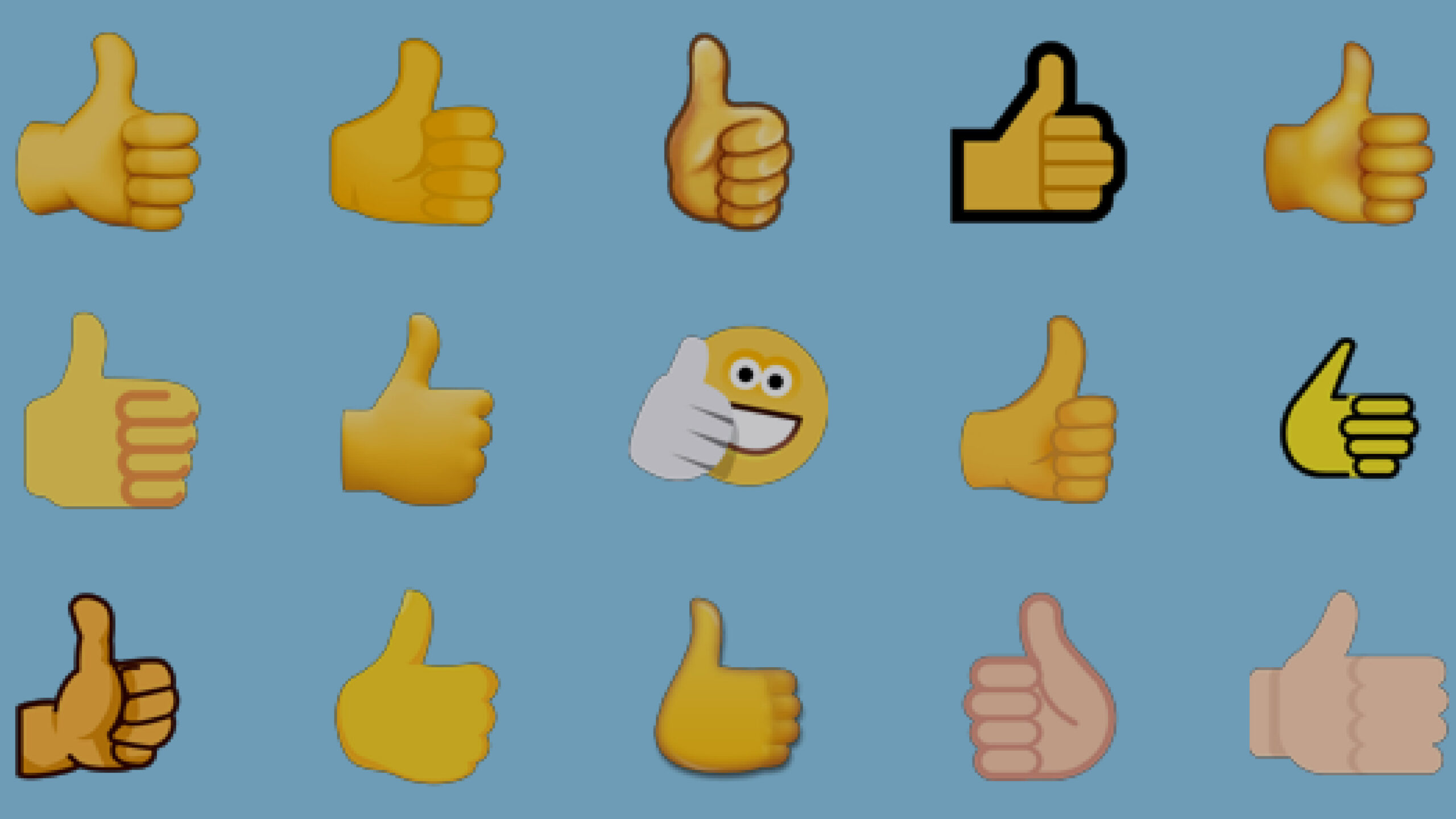Introduction
A recent Canadian superior court ruling said that the sending of thumbs-up emoji on WhatsApp can be considered as the acceptance of the contract agreement. The King’s Bench Saskatchewan stated that the new technology would become the new reality of Canadian society. Can emojis form a contract agreement valid through WhatsApp or not that is the big question that must tell, technology changed everything, and e-contract is valid but can emoji depict the intention of one party or not?
Canadian Judgment on Thumbs-Up Emoji
The judgment states that this is the reality of Canadian society that sending hearts and smiling and fire emojis in a serious manner in a business-related chat then, it will make them valid. Just as mentioned before, in the recent case of Canada, two parties held to a contract through WhatsApp where one party sent thumbs-up emoji to the other party. As per the court ruling, the given thumbs-up emoji made the contract agreement approved by the emoji. As per the case, there was a photo of the contract sent to the other party for the flax contract, and the party asked for confirmation through WhatsApp, for which the other party sent a thumbs-up emoji to confirm his consent. The other party, in his counter-arguments, stated to the court that,
Thumbs-up emoji as acceptance of a contract
Using WhatsApp emojis during formal conversations will make the deal informal. As per the above-mentioned case facts, the other party stated the facts there was no clear information about the contract, and there were no terms and conditions of the contract agreement given to the party. The approval cannot be considered as evidence through the emojis. And the point is can emojis prove as approval against any contractual agreement? But In India, the scenario is different as many users are not aware of the real meaning of the emojis, which will not make the emojis appropriate evidence for proving the consent of the other party on the WhatsApp platform in the future. The emojis will be used as implied consent in a contractual agreement approval under section 9 of the Indian Contract Act.
WhatsApp has introduced a new feature
WhatsApp has launched a new feature for editing messages. The policy of the edit feature says that this feature provides the user a moment when the user is mistaken and simply changes their mind, and then the user can edit the sent messages. So, if we connect this feature with the above-mentioned case facts, when this case came up, WhatsApp does not have this feature in its policy, but if we want to see the applicability of the case facts in the future, then it has no applicability as the edit feature will able the user to edit the message they have sent, so it will not be worth of proving the approval or consent of the user regarding any contractual agreement. Anyone can edit the messages, and there are no proper conditions given by the platform that old messages will be recovered or not.
Emojis legality in India:
If in India, the emojis will be considered as implied consent under section 9 of the Indian Contract Act, which says that any acceptance or approval given other than words will consider an implied promise, then what will happen after editing the sent message on WhatsApp? Also, the emojis will result in a rise in potentially complex and serious false allegations against innocent people using the edit feature.
Conclusion:
The emojis depict the consent of the other party, and the emojis will be considered as valid as the digital signature as per the Canadian judge ruling however, if we compare the conditions of the case in the present scenario of WhatsApp, then it will not be applicable as a valid consent solely because of the edit feature, it will be hard to prove the intention of the party and as legit e-evidence. It is an informal platform to have contractual agreements. The emojis will create potential complexities, and there will be a rise of false allegations against Innocent people by editing the sent messages by turning the messages to fulfil bad propaganda. There should be a proper policy to prove the messages sent on WhatsApp can be considered as approval of the party.
References:
- https://www.theguardian.com/world/2023/jul/06/canada-judge-thumbs-up-emoji-sign-contract
- https://blog.whatsapp.com/now-you-can-edit-your-whatsapp-messages
Author: Himanshi Singh, Associate, Policy & Advocacy Team CyberPeace




